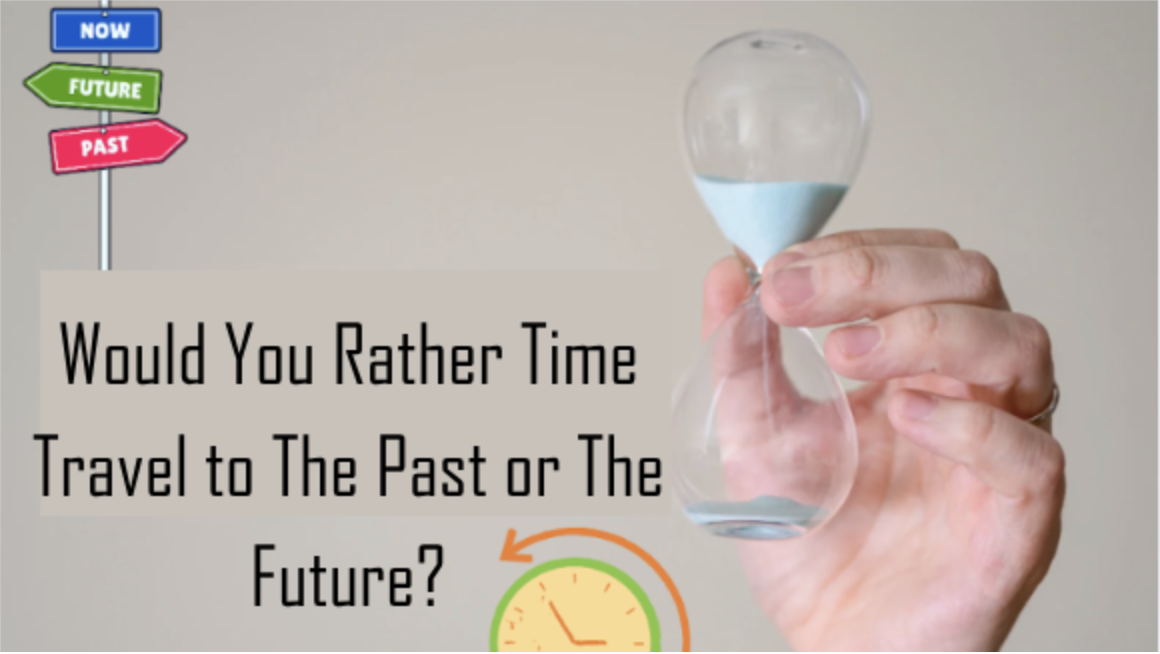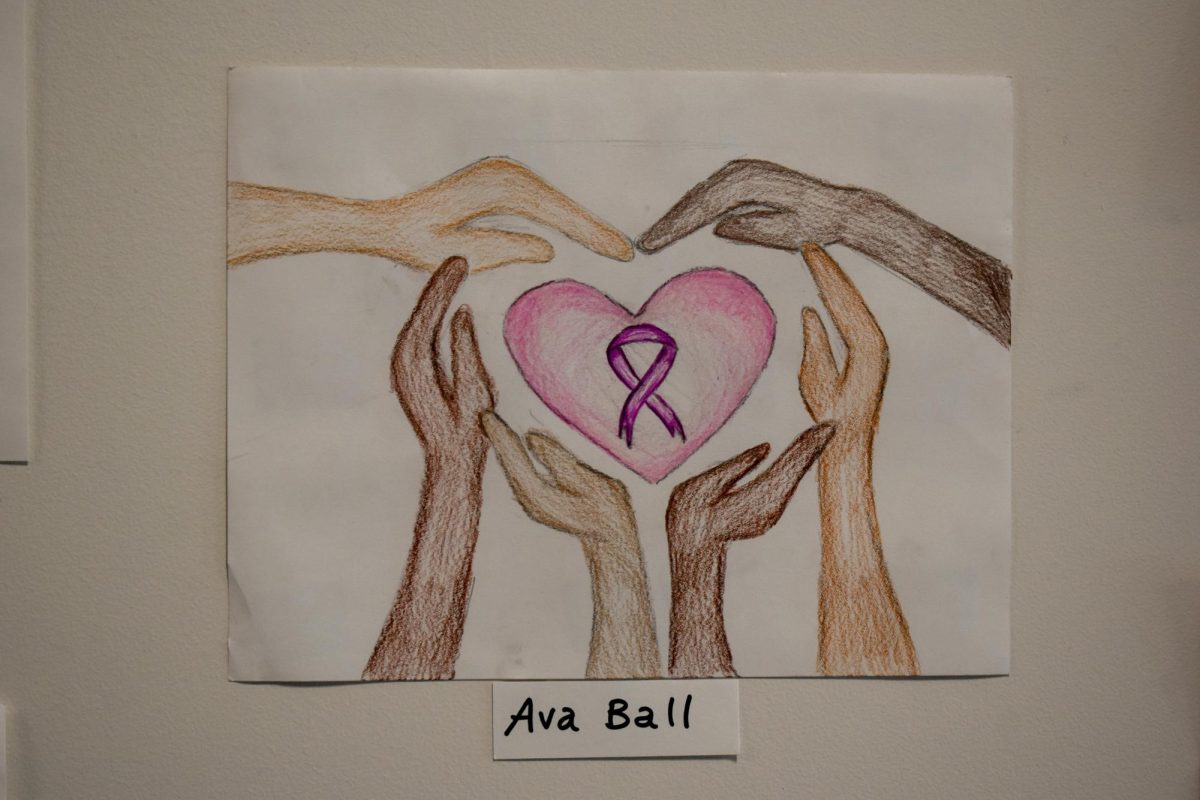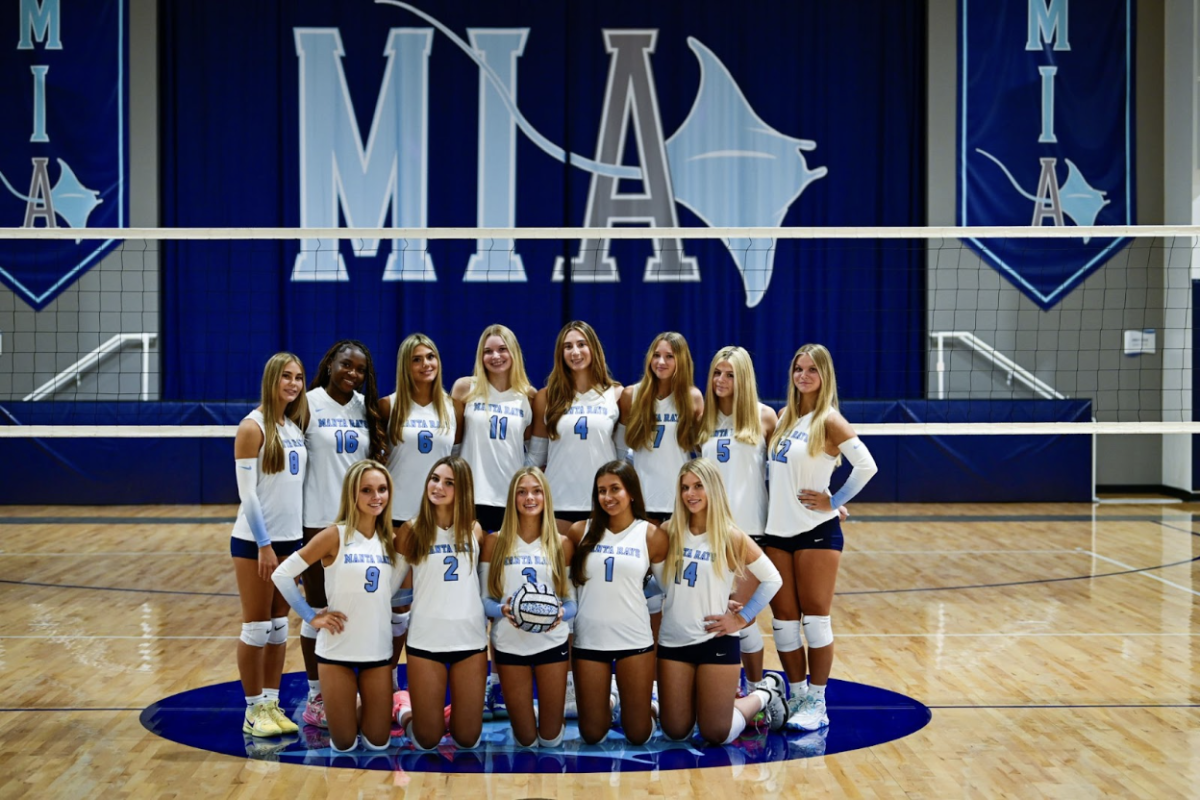Caffeine is a common substance that is seen all around the world, including at Marco Island Academy. On October 10, 2023, MIA’s Interact Club hosted a coffee bar in the Manta Ray Lobby. The bar did incredibly well, giving the school its daily morning caffeine dose. Even with the popularity of the substance, there are still a lot of differing views on the consumption of it, especially among students.
With caffeine consumption already high and progressively increasing in the United States, some have proposed that caffeine be given an age restriction like alcohol and tobacco.
According to a poll conducted by The Wave, the MIA student body is split almost 50/50 on whether the substance should be restricted or not. Of the 119 students who replied to the poll questions, 60 said that there should be no regulation while 59 said that there should be. When asked to choose the age at which the substance could be regulated, only 41 of the 60 maintained their stance that there should be no regulation based on age.
The majority of students who believe that there should be some sort of age restriction believe that the substance should be regulated to only those above thirteen years of age. In the poll, 34 of the 116 students who replied to this question were in support of higher age regulations.
Looking at the results of the poll, there does not appear to be much of a call from the MIA students for change in the current caffeine regulations. Those who do wish for a change in the regulation of caffeine still have a chance to make their voices heard by the rest of the students, other schools, and Florida and U.S. lawmakers if they want to pursue further change in the world.
Even with the high percentage of students calling for some restriction on caffeine, approximately 58.8% of the students in the school drink coffee. Coffee is one of the healthier ways to drink caffeine. Coffee and tea both offer ways that the substance can be consumed naturally, and won’t have added chemicals and overabundances of vitamins filling the drinks like in energy drinks and other artificial caffeinated beverages.
Most energy drinks, like Monster, Redbull, Bucked Up, and more contain artificial ingredients that have more effects than just the caffeine itself. Most of these drinks contain much more caffeine than a cup of coffee (95-110 mg).
Energy drinks are also fairly common in school buildings. While fewer students drink energy drinks than coffee, they are still very prevalent. A daily caffeine dose of less than 400 mg is considered to be safe for a human to consume. When drinking coffee, this limit takes quite a bit to exceed, but with energy drinks, this can be hit with just two 12oz cans.
Energy drinks like Red Bull only contain around 90mg on average. Others can have up to 300 mg like Bang and Bucked up. That much caffeine in such a small serving size can lead to dangerous results if more than one is consumed.
At MIA, the majority of students consume a fairly minimal amount of caffeine daily. The school is better in terms of caffeine intake than many others, especially public schools. While this is true, over 15% of students who participated in the poll reported that they rely on caffeine.
Senior Elle Richardson shared about her use of caffeine, “I don’t feel reliant on caffeine, but I do feel like it would be a lot harder to handle stressful situations without it.”
Caffeine has a large impact on many students and has grown increasingly common over previous years. Whether already reliant on the substance or not, it is still important to be informed about the dangers of caffeine, and how to consume it safely.















